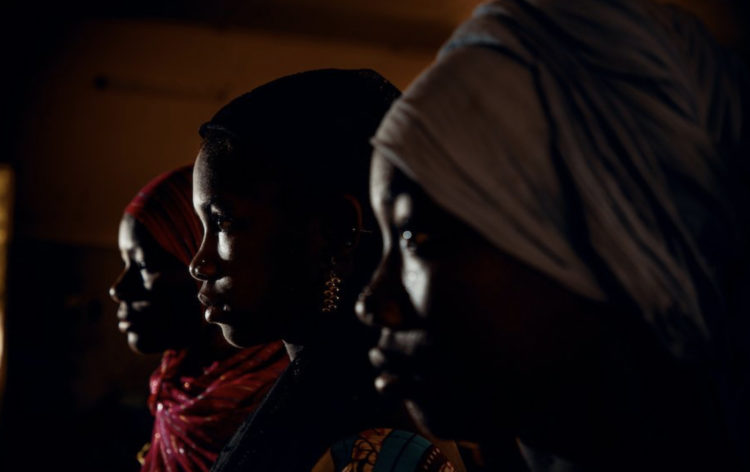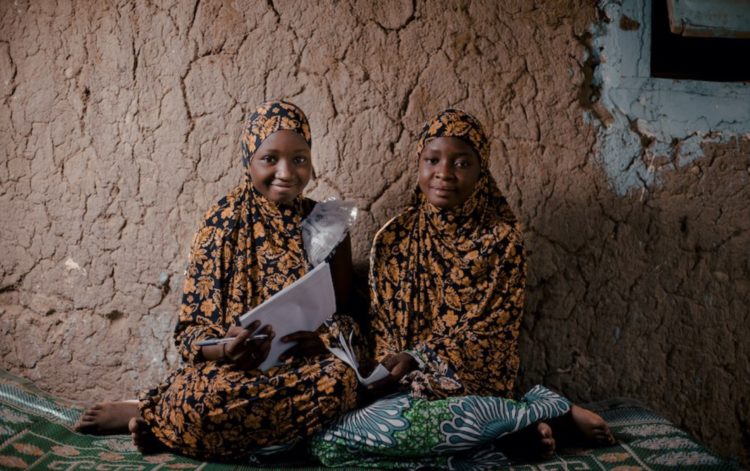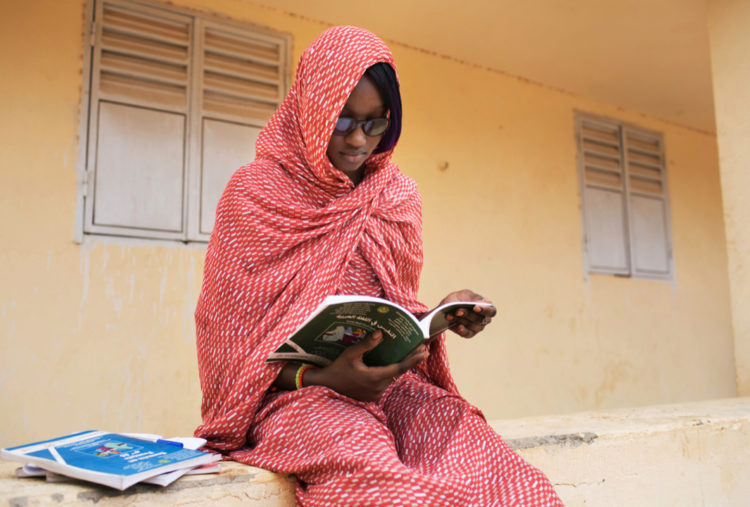The Sahel is known to have some of the world’s highest fertility levels. The average woman in Niger has 7.2 children, according to the Population Reference Bureau 2018 World Population Data Sheet. This national average amounts to the world’s highest reproductive rate, when the average in developing countries is 2.6 children per woman.

Some of the effects of the booming population of young people are unemployment, social unrest, and even terrorism in many parts of the Sahel region. Meanwhile, various studies have shown that sustained investments in African women and girls can reap dividends across the board.
The World Bank, one of the main funders of the Sahel Women’s Empowerment and Demographics Project—otherwise known by the SWEDD acronym—believes that, across many countries in Sub Saharan Africa, women represent a tremendous economic potential that remains untapped. According to the World Bank, “if properly equipped and economically empowered, women could substantially contribute to the growth of the economy at household and national levels.”
The SWEDD project was initiated at the demand of the governments of Benin, Burkina Faso, Chad, Cote d’Ivoire, Mali, Mauritania and Niger to help increase women and adolescent girls’ empowerment and their access to quality education and reproductive, child and maternal health services.
The project, which was extended in 2020 to include Guinea, Cameroon, and Senegal, is now responding to the Covid-19 pandemic. As of June 2nd, 2020, Burkina Faso had 881 confirmed cases, including 53 deaths. Niger had 958 cases, including 65 deaths. Côte d’Ivoire had 2,951 cases, including 33 deaths. In Mali, there were 1,315 infected persons, including 78 deaths. Chad had 790 confirmed cases and 66 deaths and Cameroon had 6,397 confirmed cases with 199 deaths.
The human toll, coupled with the strain on those countries’ fragile public health systems, provides further proof that Covid-19 has already weakened the economies of the SWEDD countries, mainly due to movement restriction measures, including the suspension of air and land links between countries, social distancing, curfews and declared states of emergency.
In these times of uncertainty, women and girls in some of the poorest communities seem to be paying the highest price. With the prevalence of child marriage and teenage pregnancies, those girls who choose the path of education are now unable to go to school, because schools are closed, and more women have reported domestic violence incidents, possibly as a result of their partner’s reduced economic activity.
Within patriarchal societies across Africa, legal remedies are often tenuous, and victims of gender-based violence are often stigmatized. As a result of this pandemic, many women’s access to sexual health, reproductive and maternal services is now restricted, with the focus shifting to essential medical needs related to Covid-19.
In her book The Moment of Lift, Melinda Gates discusses the impact of child marriage, particularly in Chapter Six: “When a Girl Has No Voice.” In the epilogue, she writes that “equality can empower women, and empowered women will change the world.”
With a view to empowering women in the region, the SWEDD’s regional steering committee held a virtual meeting on June 8th. Ministers from the SWEDD project member countries, representatives from the World Bank, the United Nations Population Fund, the West African Health Organization (the health branch of the Economic Community of West African States), the African Union, civil society and the private sector, represented by McKinsey, Population Council, and Promundo US sought to find viable solutions for women and girls dealing with the current crisis.
Mabingue Ngom, the Regional Director for the United Nations Population Fund’s West and Central Africa Regional Office spoke at the meeting. “The public health crisis, which is also an economic crisis, has made teenagers and young women even more vulnerable,” he said. “These girls and women are at the heart of the SWEDD project, which is why it was encouraging to see that they inspired some innovations as many people were mobilized in the effort to inform them on the pandemic and the ways to prevent the spread of the coronavirus.”

The #StrongerTogether campaign was launched on the same day, with an objective of raising awareness in SWEDD communities around the plight of adolescent girls, the urgent need for continuity of education services, the establishment of safe spaces for young girls, and the prevention and management of gender-based violence cases.


